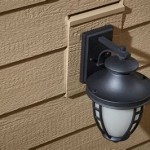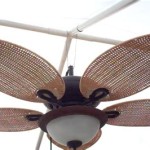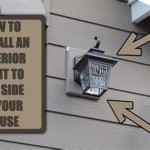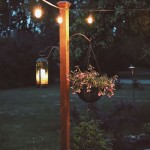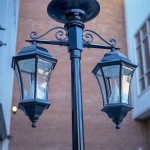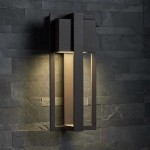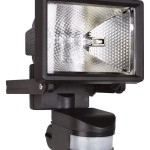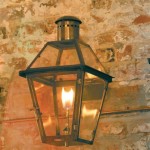Essential Considerations for Installing Outdoor Lighting for Optimal Aesthetics and Functionality
Properly installing outdoor lighting is essential to enhance the aesthetics and functionality of any outdoor space. From safety and security to ambient ambiance, well-planned lighting can transform patios, gardens, and walkways into inviting and functional extensions of your home.
This article delves into the essential aspects to consider before installing outdoor lighting, ensuring you achieve optimal results that meet your specific needs. Whether you're a seasoned homeowner or embarking on a first-time lighting project, this comprehensive guide will empower you to create an outdoor lighting scheme that illuminates with both style and efficiency.
1. Purpose and Functionality
The primary purpose of outdoor lighting is to illuminate pathways, highlight landscaping features, and enhance security. Consider the specific areas you want to illuminate and the activities that will take place in those spaces. For instance, bright floodlights are ideal for illuminating driveways and entrances, while subtle accent lighting can showcase garden sculptures and water features.
2. Light Source and Color Temperature
The choice of light source will significantly impact the overall ambiance of your outdoor space. Incandescent and halogen bulbs provide a warm, inviting glow, while LED bulbs offer energy efficiency and a longer lifespan. Additionally, consider the color temperature of the light source. Warmer temperatures (2700-3000K) create a cozy atmosphere, while cooler temperatures (4000-6000K) provide a more invigorating and focused illumination.
3. Fixture Design and Placement
The design and placement of light fixtures should complement the aesthetics of your outdoor space while ensuring optimal illumination. Choose fixtures that blend with the surroundings or add a decorative touch. Consider the height, spacing, and angle of the fixtures to create a balanced and cohesive lighting scheme.
4. Safety and Security
Outdoor lighting can play a crucial role in ensuring safety and security around your property. Bright, well-placed lights deter intruders and illuminate potential hazards. Consider motion-activated lights for areas that require additional surveillance. Ensure that all wiring and connections are properly installed to prevent electrical hazards.
5. Energy Efficiency and Sustainability
Choosing energy-efficient light sources and fixtures can significantly reduce your energy consumption and environmental impact. LED bulbs are an excellent option for outdoor lighting as they offer high light output while consuming less energy. Solar-powered lights are also a sustainable choice, as they harness the sun's power to illuminate outdoor areas.
6. Maintenance and Upkeep
Proper maintenance is essential to ensure outdoor lighting remains functional and visually appealing. Regularly clean light fixtures to remove dirt and debris. Check bulbs for wear and replace them as needed. Inspect electrical wiring regularly for any signs of damage or wear.
Conclusion:
Installing outdoor lighting requires careful consideration of purpose, functionality, light source, fixture design, safety, energy efficiency, and maintenance. By taking these essential aspects into account, you can create an outdoor lighting scheme that transforms your outdoor space into a haven of ambiance, safety, and functionality.

Outdoor Lighting Installation Tips Instructions Ahs

How To Install Outdoor Lighting And Diy Family Handyman

Outdoor Lights Installation Security Lighting 4 Service Pros

Replacing An Outdoor Light Fixture

How To Install An Outdoor Light Fixture The Right Way

How To Install An Exterior Electrical Box For A Light Fixture On The Wood Siding

Replacing An Outdoor Light Fixture

Outdoor Lighting Cost Guide How Much Is

Easy Outdoor Light Fixture Update 20 Minute Diy Upgrade

Outdoor Low Voltage Lighting Diy Family Handyman
Related Posts
